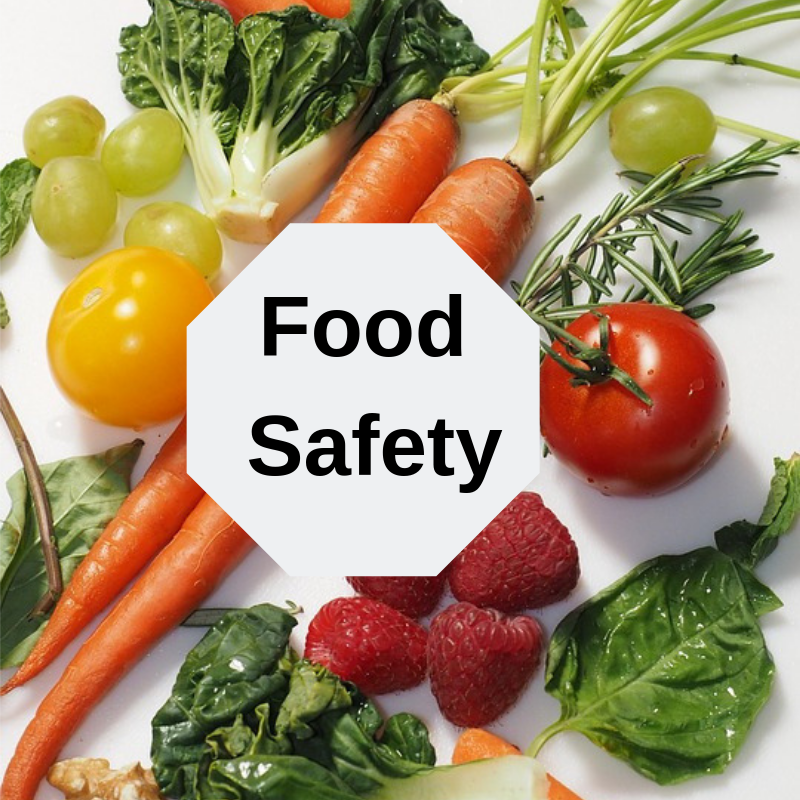- These include using clean water for drinking and food preparation, thoroughly cleaning and sanitizing all surfaces and utensils exposed to floodwaters, and closely monitoring refrigerated or frozen foods during power outages.
The Ministry of Health has issued a compelling call to all stakeholders to take on a crucial role in safeguarding food safety amidst the persistent flooding situation in various regions of Kenya. In a statement, the Ministry expressed concerns stressing the need for joint efforts to ensure food safety.
“As flooding persists across various regions of Kenya, the Ministry of Health, through the State Department for Public Health and Professional Standards, calls upon all stakeholders to play a vital role in ensuring food safety,” the statement read in part.
Food Business Operators have been advised to establish and regularly update comprehensive food safety management plans and strictly adhere to good hygiene practices. Consumers are also urged to be cautious and follow essential guidelines.
These include using clean water for drinking and food preparation, thoroughly cleaning and sanitizing all surfaces and utensils exposed to floodwaters, and closely monitoring refrigerated or frozen foods during power outages.
Other guidelines include practising proper handwashing before handling food, cooking food thoroughly, storing dry foods away from moisture, refraining from consuming maize that has changed colour, and seeking immediate medical attention if experiencing symptoms of foodborne illness.
Read More
Foodborne illnesses threaten public health, with outbreaks of diarrhoea commonly linked to contaminated food and water. Diseases such as typhoid, dysentery, gastroenteritis, aflatoxin poisoning, brucellosis, and cholera are prevalent, underscoring the urgent need to prioritize effective food safety management.












